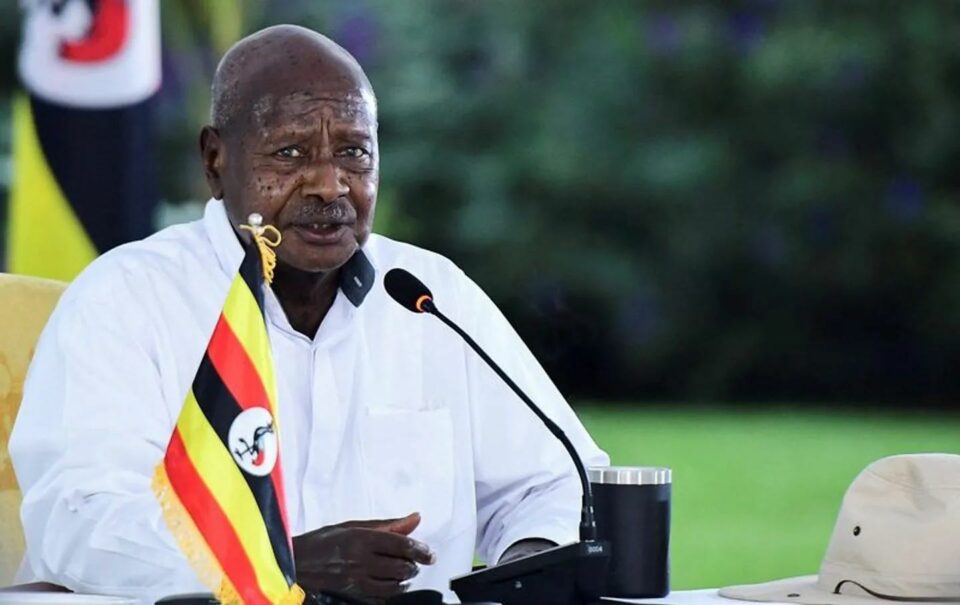

Ugandan President Yoweri Museveni has announced his intention to run in the upcoming 2026 presidential election. The statement, made on Saturday evening, marks another chapter in his political career.
He expressed his desire to once again be the flagbearer for the National Resistance Movement (NRM), the ruling party he has led since coming to power in 1986 following an armed conflict that ousted the previous regime.
A Political Journey Shaped by Constitutional Reforms
Since assuming office, Museveni has been re-elected several times, within an institutional framework that has seen significant constitutional changes. In 2005, the Ugandan Parliament removed presidential term limits, and in 2017, the age limit for presidential candidates was also lifted. These changes have allowed his continued participation in national elections.
Economic Goals and Development Agenda
In his announcement, Museveni outlined an ambitious economic vision aiming to increase Uganda’s gross domestic product (GDP) from $66 billion to $500 billion within five years. The strategy includes a focus on industrialization, infrastructure investment, and strengthening regional trade.
Despite this goal, Uganda faces structural challenges, including youth unemployment, limited access to public services, and concerns over fiscal management. Government officials say reforms are underway to address these issues.
An Organized Opposition

Opposition leader Robert Kyagulanyi, also known as Bobi Wine, has stated his intention to run again. He contested the results of the previous election, citing alleged irregularities. The opposition is now calling for increased electoral transparency and equal access to campaign platforms.
The Electoral Commission has not yet released the official timetable for the 2026 general elections.
Legal and Institutional Developments
Recent legislative developments have sparked debate, particularly a new law allowing military courts to try civilians in specific cases. Authorities cite national security concerns, while civil society organizations warn of potential risks to judicial independence and civilian legal protections.
Don’t miss any more news by subscribing to our Telegram channel
And our Facebook page
Looking Ahead to 2026
As the January 2026 election approaches, the political landscape is gradually taking shape. For some, Museveni’s renewed bid represents continuity, while others call for political change. The coming months will be crucial in shaping how campaigns unfold, how the public engages, and how institutions manage the electoral process.
Emebet Asefa | Correspondent
Addis Abeba ,Ethiopia




